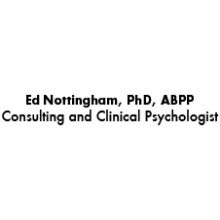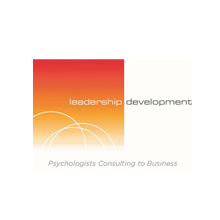By: Tom Muha
Are you working hard to build a career you love, but feeling stressed and exhausted? You could be burning out. The physical and emotional price you’ll pay means that you’re more likely to end up in a doctor’s office than a corner office. Here’s a checklist of signs your job is taking a toll on your wellbeing:
- Irritable
- Critical
- Intolerant
- Sleep disruption
- Memory impairment
- Concentration difficulty
When the number of negative emotions outpaces the amount of positive feelings you experience at work for several weeks, your brain chemistry gets out of balance. Because you’re flooded with adrenalin and cortisol, you become over reactive to even minor problems. Even when there’s not a crisis looming, your mind spends too much time ruminating on past problems and potential catastrophes.
You become trapped in your mid-brain – the one you have in common with all the other mammals on the planet. And like them, you’re driven by fight-flight-freeze impulsive reactions. You frequently find yourself engaging in negative exchanges with others, or withdrawing from people in order to avoid conflicts. Both tactics leave you feeling alienated from the very folks who you need to support you.
You are not alone. Over 50% of workers in America are not engaged at work, according to Gallup surveys. You do what you must to collect a paycheck. But you steer clear of the boss you don’t like and the coworkers who annoy you with their gossip and complaining. You’re not hostile or disruptive, you just don’t go out of your way to help customers or coworkers. After all, you don’t see yourself getting any support or recognition. So why would you provide it?
If your workplace is really bad, you could be among the one in 6 U.S. workers who tell Gallup that they’re so frustrated and angry they’ve ‘actively disengaged.’ If you’re part of this unhappy group you’re not afraid to let your coworkers know exactly how you feel. You’re focused on how unfairly you’ve been treated, and see no reason to support the goals of your organization or the efforts of your coworkers. In fact, it only seems right that other employees should be as frustrated as you are.
What makes matters worse is that when people feel bad about their job, they tend to bring those negative emotions home with them. Do you find yourself being as critical of family members as coworkers? Does being exhausted carry over into the evening, leaving you little energy to engage in positive interactions with your spouse or children?
Work doesn’t have to burn you out. Some people flourish even in the most demanding jobs. You can learn to do that too. You can become positively engaged – in both your professional and personal life.
Positive psychologists study the mindset and behaviors of people who have found a way to keep their passion alive, their relationships satisfying and their minds optimistic about the future. My research has focused on applying these discoveries to healthcare professionals who struggle to beat burn out. The result is an evidence-based formula that thousands of doctors and nurses have used to reinstate their wellbeing.
The first step that has proven to be essential is to shift your focus from all of the external problems that are plaguing you to an inner awareness of your core values. By getting in touch with what you feel is most important in your life, you can begin to imagine what it would look like if you filled your life with more of those positive experiences.
Becoming clear on those times that have provided your most valuable experiences enables you to remember what it was like when you were at your best in the past. Projecting those same behaviors into the future allows you to envision what your best possible self could be.
Committing to work toward the picture of what your life could look like if you were more satisfied and successful creates intention, which is the best predictor of future behavior.
Taking action, however, is even more powerful than simply imagining the possibility of a better life. Ask yourself, “If I were to make 1% progress toward having a happier life, what would I do today?”
This first phase of overcoming burn out rekindles your passion for creating your best possible life – at home as well as work.

















